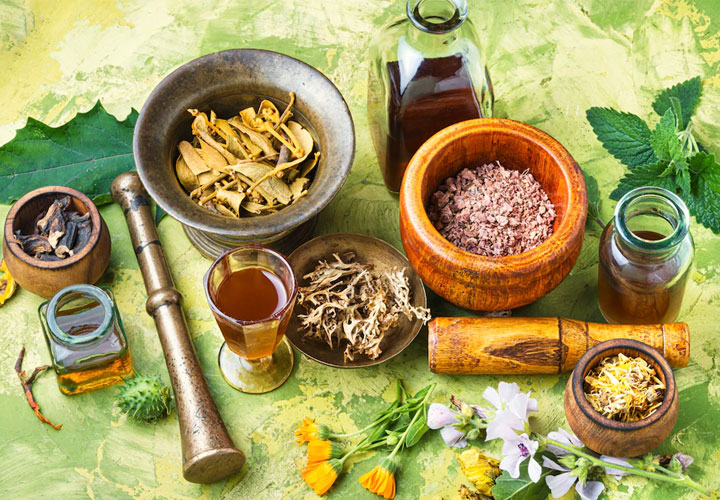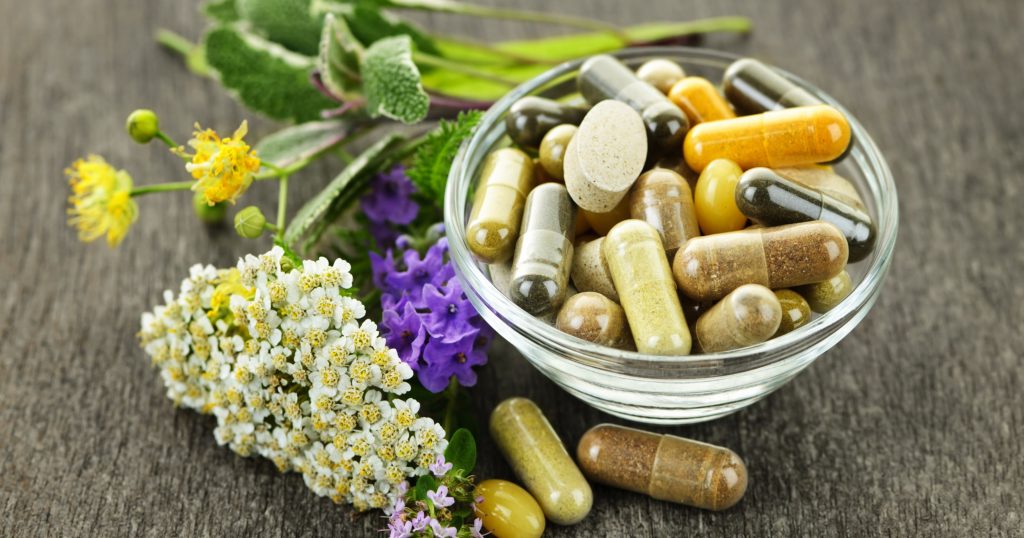
From turmeric lattes to ginseng shots, the world is turning to nature for healing. The global wellness boom has fueled a surge in demand for herbal remedies—many of which have been used for centuries in local communities.
For small producers of traditional health products, this shift is a golden opportunity. Your jamu, herbal balm, or natural tea isn’t just old tradition—it’s the next global health trend.
🌿 Why Herbal Remedies Are Trending Globally
- Post-pandemic wellness mindset: Consumers are prioritizing natural immunity, stress relief, and sleep.
- Skepticism toward synthetic drugs: People want plant-based, side-effect-free alternatives.
- Rising popularity of ancient healing systems: Ayurveda, Traditional Chinese Medicine (TCM), and Southeast Asian jamu are getting global recognition.
- Influencer & social media boom: TikTok and YouTube are driving herbal “superfoods” into the mainstream.
🌏 Global Markets That Love Herbal Products
- United States: Massive supplement and wellness drink market. Demand for turmeric, ginger, moringa, and ashwagandha.
- Germany & Nordic Countries: Trust in organic-certified herbal remedies and essential oils.
- Japan & South Korea: Strong demand for herbal skincare and natural tonics.
- Gulf Countries (UAE, Qatar, KSA): Rising interest in traditional healing, often paired with luxury wellness experiences.
🌱 Local Herbal Products with Global Potential
| Local Ingredient | Global Appeal |
|---|---|
| Jamu (Indonesia) | Immune-boosting tonics |
| Turmeric | Anti-inflammatory supplements |
| Ginger | Digestive and anti-nausea aid |
| Pegagan (Gotu kola) | Brain health & skincare |
| Bajakah | Cancer-prevention potential (still under study) |
| Lemongrass | Relaxation, tea, and aromatherapy |
🧪 What You Need to Export Herbal Products
- Product safety and consistency
- Work with labs or certification bodies for standardization
- Ensure cleanliness, potency, and batch traceability
- Proper packaging & labeling
- Use moisture-proof, export-safe materials
- Translate ingredients and benefits into target language
- Avoid medical claims unless approved
- Certifications (depends on market)
- USDA Organic, EU Organic, Halal, BPOM, FDA, etc.
- Some markets require health or supplement registration
- Storytelling that builds trust
- Share your product’s heritage and how it’s made
- Emphasize sustainability and community empowerment
- Educate—don’t just sell
✈️ Go-to-Market Tips
- Start small via online platforms like Etsy, iHerb, Amazon, or Shopee International
- Use diaspora communities as first brand advocates
- Create Instagram Reels or TikTok showing traditional preparation
- Partner with wellness influencers or holistic stores abroad
Conclusion
Herbal remedies are no longer niche—they’re becoming mainstream wellness essentials. As global interest grows, local producers who act fast—and package tradition with professionalism—can turn roots, leaves, and age-old wisdom into powerful exports.
Your village remedy could be the world’s next wellness favorite. 🌍✨



